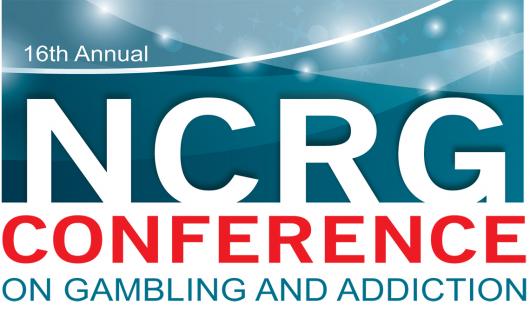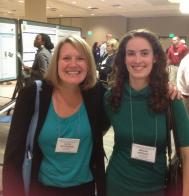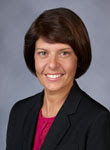
The NCRG has teamed withOhio Mental Health and Addiction Servicesand theDrug Free Action Allianceto offer Ohio treatment providers a one-day workshop,Identification and Treatment of Gambling Disorder. Scheduled for Oct. 15, 2015, in Columbus, Ohio, the program will be led byDr. Jon E. Grant, professor of psychiatry and behavioral neuroscience at The University of Chicago. Dr. Grant is not only one of the leading researchers on gambling disorder but also is actively involved as a clinician, seeing many disordered gamblers in his practice.
This workshop will present what is known about the biology of people with gambling problems and how people with gambling problems think. The presentation will discuss developmental issues, genetics and cognitive aspects of gambling. In addition, Dr. Grant will focus on evidence-based treatments used for disordered gamblers, common comorbidities of such clients gamblers and evidence-based treatment options.
This seminar has been approved forsix CE hoursfor nurses, counselors, social workers, chemical dependency professionals (treatment and prevention) and psychologists.
The workshop is free but pre-registration is required. Online registration is available athttps://www.drugfreeactionalliance.org/calendar/event/176
The workshop reflects the NCRG’s goal of strengthening the capacity of treatment providers to serve clients with gambling problems through partnerships with key health organizations and agencies.
NCRG staffContinuing Education OpportunitiesDr. Jon Grantgambling disorderTreatment Provider Workshop





